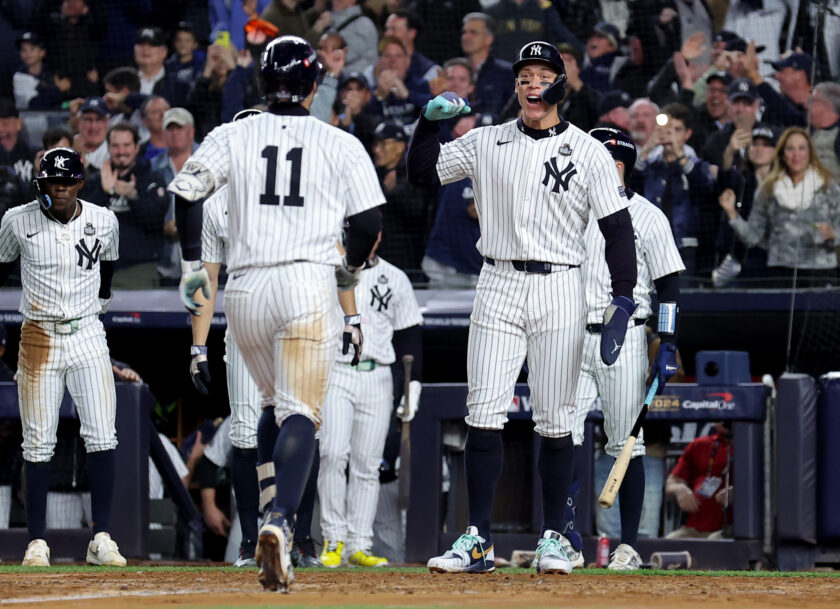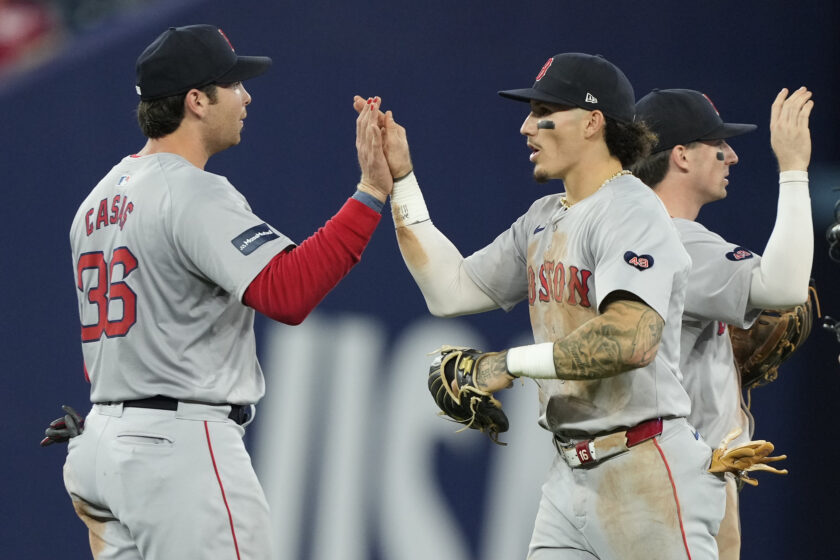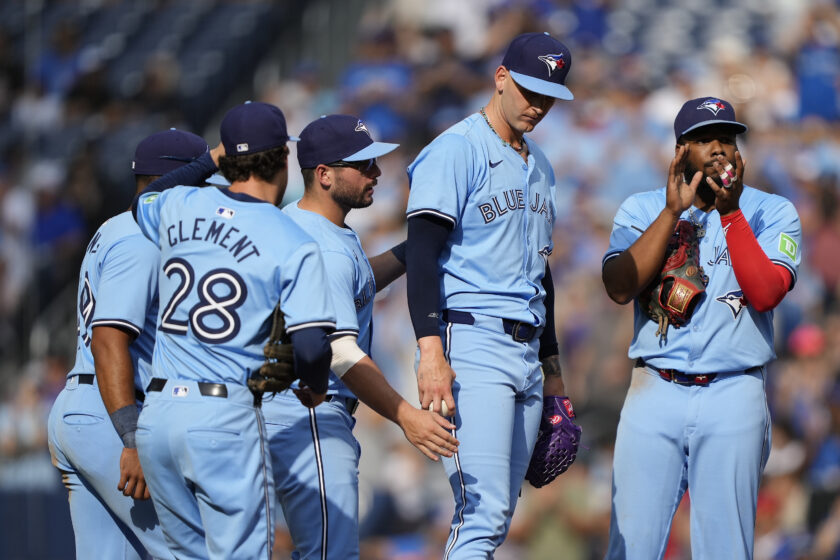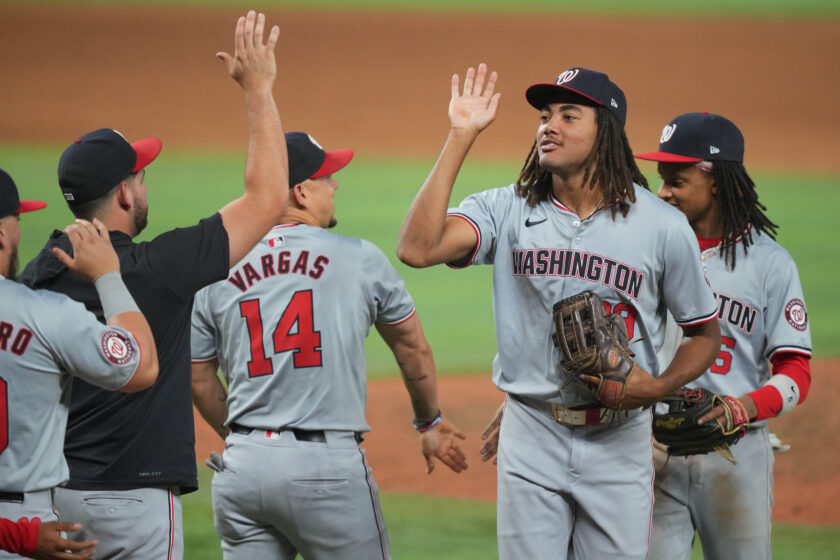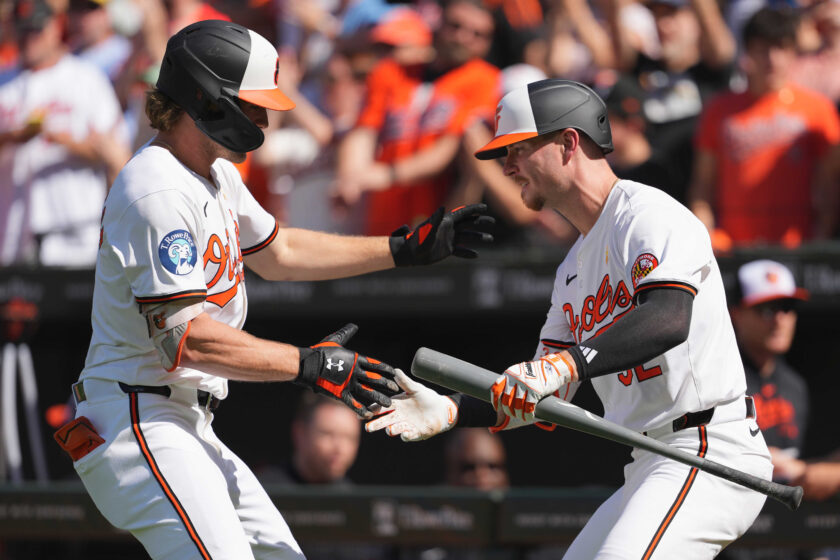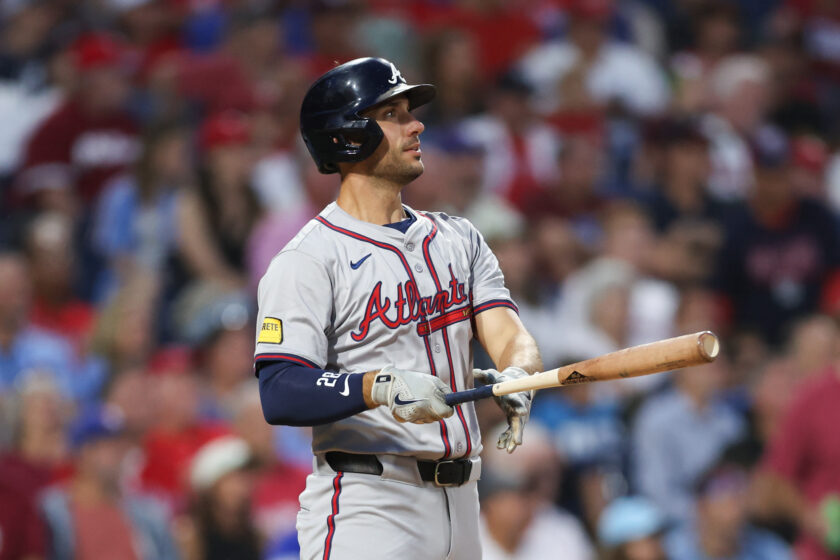Uncertainty hovers as the NBA nears its return-to-play in Orlando
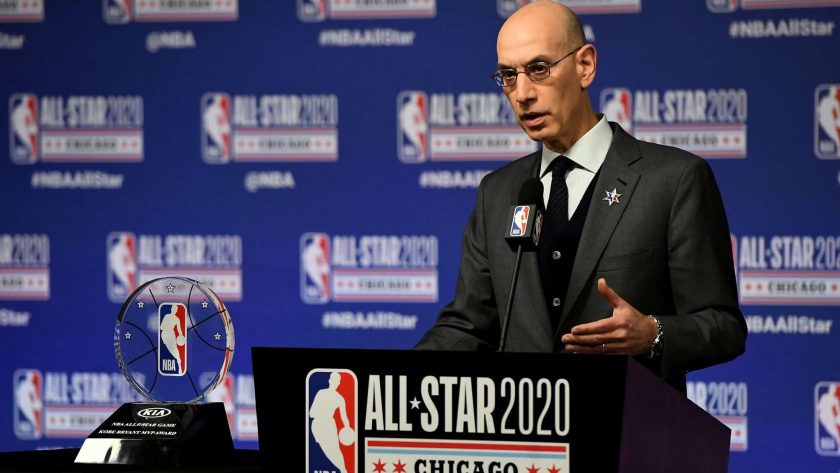
As coronavirus cases surge and social justice protests continue to sweep the nation, the NBA returning could be the right distraction.
It feels like an eternity ago that we saw Mark Cuban’s look of utter shock while he sat courtside, as he usually did, for a Dallas Mavericks home game. This time, however, the shock stemmed from a larger issue then what lay within the confines of American Airlines Center. The NBA set in motion a spree of sports leagues suspending play amidst the coronavirus pandemic, but after a vacant four months of no basketball, the NBA is set to return on July 30.
On Friday the league revealed the eight-game schedule to decide the playoff seeding in Orlando. Zion Williamson and the New Orleans Pelicans will kick off the league’s resumption against Utah, while the battle of Los Angeles will take place during the nightcap on TNT. These games will be the first of many, as the 22 teams invited to Florida will duke it out in an abbreviated schedule to finalize a postseason bracket.
The stars are seemingly aligning for the NBA to return with a bang, but that’s only a mirage. Greater problems lie in front of the league’s return-to-play plan, and with a little over a month until the season returns, the challenges continue to mount.
Live sports have been a key fixture within our society for decades. It offers a distraction from the issues of the real world and it unites so many different people from different walks of life. Still, despite the power of sports bringing people together, it could also contribute to a larger issue at stake during this new way of living.
The coronavirus swept the nation back in March, suspending the NBA season to go along with the subsequent nationwide economic shutdown. But, as the country slowly worked towards reopening, the NBA felt the pressure of initiating a plan to return. Many cities with relatively low coronavirus cases in the early stages of spring, such as Las Vegas and Orlando, offered its hotels and arenas to the league for a bubble style resumption of the season. Adam Silver pounced on the opportunity of orchestrating a hub city for its players and personnel, and the plan to resume the season in Orlando was made in early June.
As we enter July, a month until the NBA’s scheduled return, Florida has become the new epicenter for coronavirus in the United States. On June 27, the state crushed its daily new cases record for the second straight day with 9,585. June 28 saw the end of the continuous climb in new cases but still produced a daunting 8,530 more reported cases. After opening up its economy due to comparably better circumstances than the rest of the country during the virus’s first wave, Florida has now thrust the virus back into the forefront of nationwide concern.
It’s truly a testament to the sheer danger of the coronavirus and its ability to spread easily and discreetly, as a location chosen by Silver just a month prior has now turned into a hotspot. The cases are sharply rising in Florida, and are also starting to gain some steam in the Association too. The NBA reported that the league’s first wave of testing saw 16 out of 302 players test positive, a 5.29% positivity rate. Players such as Nikola Jokic, Malcolm Brogdon, and Buddy Hield tested positive for COVID-19, and will all be traveling to Orlando in the coming weeks to prepare for the resumption of play.
The danger is real and we are seeing the legitimate concern in the eyes of some players taking shape. Several players including key Lakers role player Avery Bradley and pending free agent Davis Bertans chose to opt-out of the league’s return. Brooklyn Nets forward Wilson Chandler is another veteran who is choosing to stay home. Each player has his own reasons, whether it be for their personal safety or their families, but it still paints a tainted image on the NBA’s resumption going against the grain of coronavirus spikes in Florida.
Another issue that is bigger than basketball is the ongoing Black Lives Matter movement that has swept the nation since the murder of George Floyd in Minneapolis. Weeks of protests have ignited a flame in the battle against police brutality in America, and several NBA players believe participating in sports at this moment in time takes away from the bigger picture.
Nets point guard Kyrie Irving has been at the forefront of discussions involving opting-out because of the current country’s civil rights status, with Lakers center Dwight Howard and Clippers guard Lou Williams voicing their disapproval of returning amidst the social justice issues as well. Multiple players, however, have combated these claims via social media, explaining the value of using their platform as a vehicle of change and using their salary towards funding more change in America.
While Irving, Howard, and Williams may believe that sports offer a distraction to the common goal of silencing racial injustice, it may just provide the right balance of excitement and hope to continue the movement’s powerful message. To further emphasize the league’s support of creating significant change, the NBA is in talks to allow players to customize the nameplate on the back of their jerseys to portray statements of social justice.
All decisions up until this point have been made so that the league can maintain its level of competition from when play was first suspended, but one can only wonder what the situation would be like if Silver had just waited to see how the current climate of our country is shaping out. A lot can change in a month, especially with the coronavirus continuing to spread rapidly across the globe.
NHL’s commissioner Gary Bettman recently announced the start date for his league’s resumption, but has still not named hub cities so as to not interfere with an ongoing outbreak such as the NBA is currently experiencing. It seems that Silver bit the bullet on this situation and announced his plan to return too quickly because of the profound pressure from the media and fans to present an alternative. That’s to no fault of the commissioner whatsoever, as these are unprecedented times, but with all the obstacles in the way of the NBA’s resumption in Orlando, it makes you think if the league were to be better off having waited or just canceling the season altogether.
One infection within the proximity of the bubble could spell the end. What happens if a flood of infections occurs in the middle of the NBA Finals? Will two winners be crowned? Will the two teams fighting for the Larry O’Brien trophy have to return to another bubble city? A lot of variables have to work out perfectly for the NBA to avoid any significant health issues during its return-to-play.
Commissioner Silver even stated in a recent interview that “no options are risk-free right now.” “We are left with no choice but to learn to live with this virus. We’re coming back because sports matter in our society. They bring people together when they need it the most,” Silver said.
“We are left with no choice but to learn to live with this virus,” Silver recently said via CBS Sports. “No options are risk-free right now. We have developed a safe and responsible plan. We’re coming back because sports matter in our society. They bring people together when they need it the most.”
The bubble city plan certainly has its statute of limitations. It’s a calculated risk to bring back hundreds of people and bunch them into an impenetrable bubble. It’s even crazier to have a deadly virus floating around. No way in, no way out. The vibes are off-putting, but the reward could be exactly what our society needs to push past the adversity that has come to define 2020.

